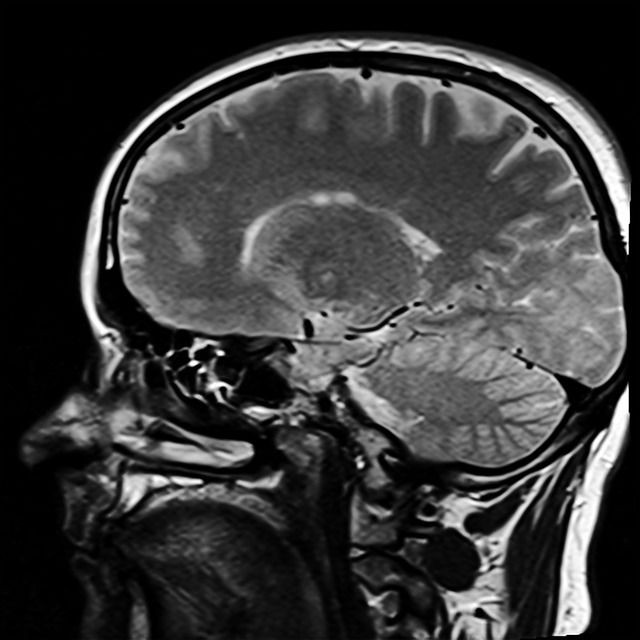Doctors Diagnose Comatose Patient As Brain Dead And Refuse To Treat Her — They Were Wrong

A year ago, Mohammad Meshkin of California won a lawsuit that kept his daughter on life support and gave her the life-saving operation she so desperately needed. According to Meshkin, his daughter had been purposely misdiagnosed as brain dead as a way to justify giving her inadequate medical attention. Meshkin insists that this practice is widespread. However, scientifically speaking, are the lines between brain dead and comatose really all that clear?
Anahita Meshkin, 29, has been in a coma since 2007 after suffering a seizure brought on by her battle with anorexia, People reported. Last year, Meshkin needed surgery due to an infection that had begun to grow on her broken hip. However, her doctors denied the operation saying that it was unethical to treat a brain dead patient.
Anahita’s father hired a lawyer to temporarily bar the hospital from refusing to treat Anahita and requested two independent neurologists examine his daughter. Upon further examination, Anahita was determined to not be brain dead after she reportedly moved her head and elbow after being pinched. Meshkin believes that the hospital had rushed to diagnose his daughter as brain dead so that they would not have to treat her further.
"This is their job to clear beds, and our job is to fight back,” said Meshkin, according to People. "I'll fight as long as she does. If she quits, I will quit. But I have my hope that she'll come back.”
Meshkin’s lawyer Chris Dolan said that doctors routinely misdiagnose patients as brain dead when they consider them to be lost causes, simply to justify not treating them. "Then there is their belief that better utility can be gained by organ transplantation," Meshkin told Mercury News. "These families have relationships with their loved ones. ... Who are we to determine whether or not that relationship is significant enough?"
There are several major differences between being in a coma and being brain dead, but whether or not your organs can be donated is one of the most commonly discussed factors.
Patients in a coma are not awake and have no awareness of themselves and their surroundings, The Atlantic reported. They usually have extensive brain damage, but are still able to do basic functions such as breathe on their own or react to painful stimuli. They are not usually candidates for organ donations. Brain dead patients, however, have irreversible damage to the brain that shuts off all necessary body functions, including their ability to breathe on their own. Many doctors classify being brain dead as being legally dead, and it’s these patients that are candidates for organ transplants. In order to ensure that organs are not accidentally taken from a non-brain dead comatose patient, there are strict guidelines for whose organs can and cannot be harvested.
Currently, researchers in India are working to “bring back to life” the central nervous system of brain dead patients. However, even if the feat is accomplished, the patients will not wake up. The findings will simply go on to help us better understand how the body can continue living once brain function has completely ceased.
Published by Medicaldaily.com



























